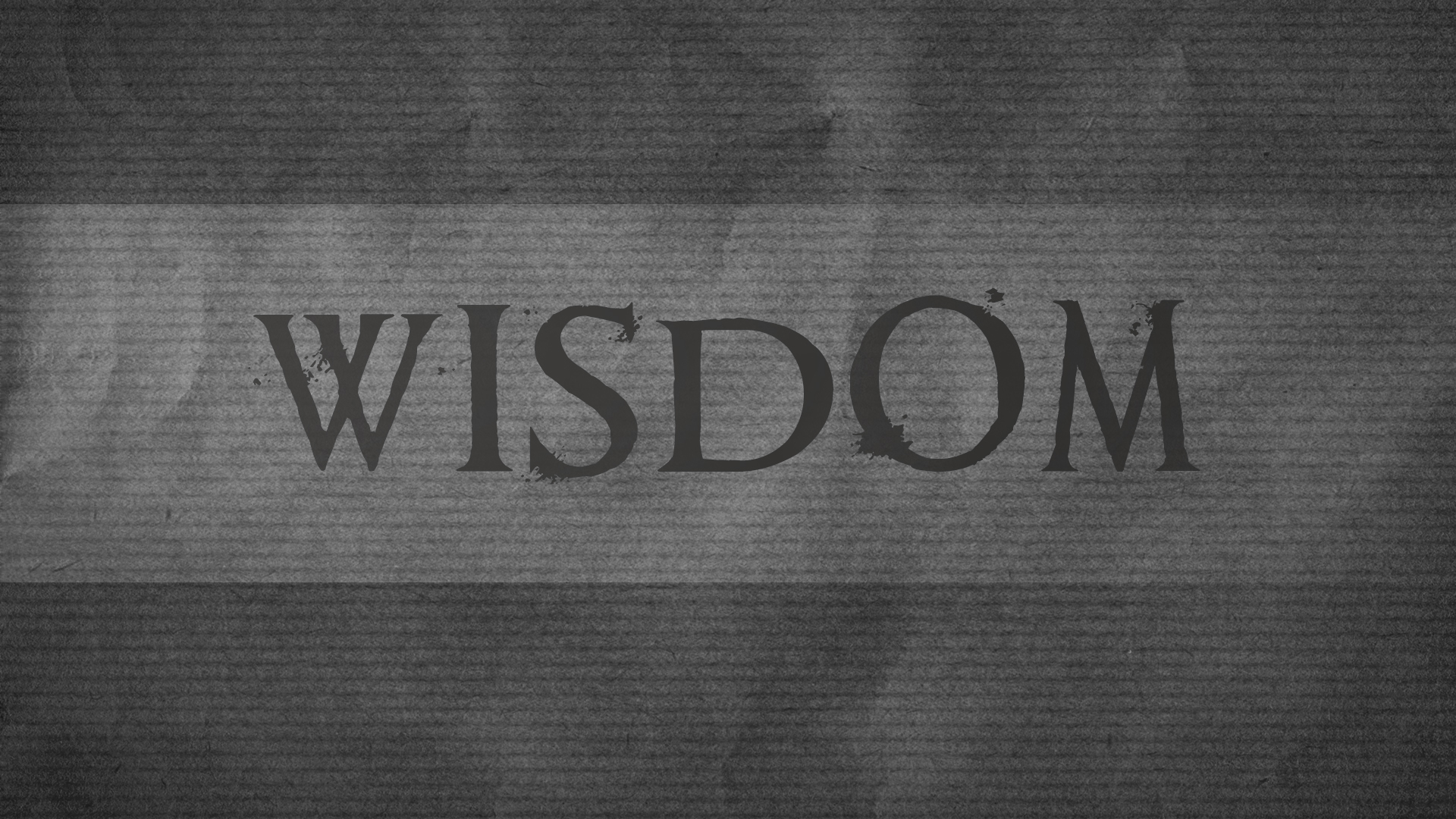Jesus: The Wisdom of God
In his Unpublished Essay on the Trinity Jonathan Edwards gives one of the strongest arguments for the idea that Christ is the very “wisdom of God.” He wrote:
But that the Son of God is God’s own eternal and perfect idea is a thing we have yet much more expressly revealed in God’s Word. First, in that Christ is called “the wisdom of God.” If we are taught in the Scripture that Christ is the same with God’s wisdom or knowledge, then it teaches us that He is the same with God’s perfect and eternal idea. They are the same as we have already observed and I suppose none will deny. But Christ is said to be the wisdom of God (I Cor. 1:24, Luke 11:49, compare with Matt. 23:34); and how much doth Christ speak in Proverbs under the name of Wisdom especially in the 8th chapter.1
While some might take issue with Edwards language of the Son of God being “God’s own eternal and perfect idea,” his scripture proofs for Christ being the wisdom of God can hardly be disputed. In Luke 11:49-51 we read, “Therefore also the Wisdom of God said, ‘I will send them prophets and apostles, some of whom they will kill and persecute,’so that the blood of all the prophets, shed from the foundation of the world, may be charged against this generation,from the blood of Abel to the blood of Zechariah, who perished between the altar and the sanctuary. Yes, I tell you, it will be required of this generation.” In Matthew 23:34-35 we read, “Therefore I send you prophets and wise men and scribes, some of whom you will kill and crucify, and some you will flog in your synagogues and persecute from town to town, so that on you may come all the righteous blood shed on earth, from the blood of innocent Abel to the blood of Zechariah the son of Barachiah, whom you murdered between the sanctuary and the altar.”
The Lord Jesus is speaking in both of these accounts. He is tying the past history of the Jewish leaders to His present ministry by reminding them of their spiritual predecessors murdered the ministers of the word of God. In Luke’s account Jesus says, “The wisdom of God said, ‘I will send them.” In Matthew’s account Jesus says, “I send you prophets, wise men and scribes..” It is a fairly straightforward conclusion. Jesus referred to Himself as “the wisdom of God” in this passage.
Of course we are all comfortable saying that in Christ are hidden all the treasures of wisdom and knowledge, but are we as comfortable calling Jesus “the wisdom of God.” The other text to which Edwards appeals provides further support of this idea. In 1 Corinthians 1:22-24 we read, “For Jews demand signs and Greeks seek wisdom, but we preach Christ crucified, a stumbling block to Jews and folly to Gentiles, but to those who are called, both Jews and Greeks, Christ the power of God and the wisdom of God. ” Later in 1 Corinthians 1, we are told that Jesus “has become for us wisdom” (1 Cor. 1:30). The Holy Spirit indicates that Christ is the power of God and the wisdom of God. This also has implications for how we read Proverbs 8. Most of the older Reformed theologians were unashamed of interpreting it Christologically. They had solid support in Scripture for doing so.
In the incarnation and the work of redemption that Son of God–who is the eternal wisdom of God–“has become for us wisdom from God” Do we think of Jesus in this way? Do our lives in the workplace, at home, and in our conversations reflect that we believe Jesus Christ to be the wisdom of God–and our wisdom? If we want wisdom and knowledge we must see that He is that to us in His death, burial and resurrection. If anyone lacks wisdom let him ask of God who gives liberally and without reproach and it will be given to him. But let him ask in faith.
1. Jonathan Edwards An Unpublished Essay on the Trinity (New York: Charles Scribner’s Sons, 1903) p. 75 ff.




